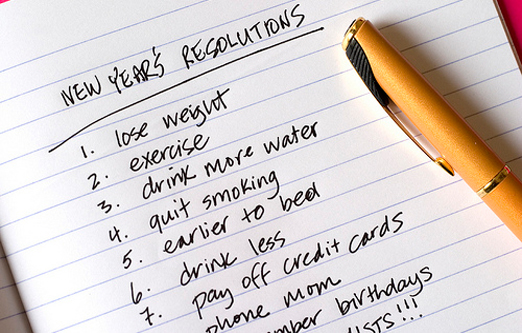Psychological Fitness

We’re now a month past the date when we set our New Years resolutions for 2013. Are we still engaged? Some people committed to losing twenty pounds, some people said they’d find a new job that they actually like, and others may have promised to quit smoking. No matter what our goals are, we want to reach them. Whenever we make a commitment or start something new, we want to carry through with it. Similarly, when we walk into the office every morning, we want to be excited to start the day. But how?
We need to ask ourselves two questions: when do we know when we’ve burned out and how do we prevent burnout and stay loyal to our commitments? These questions can be applied to our New Year’s resolutions and goals, our careers, and/or our relationships. These facets of our life gel together and influence one other; so it’s essential to stay engaged in each one respectively. When we burn out of one, we are affected in other ways as well. When we have overextended ourselves and have lost purpose and motivation, we know that we’re burnt out.
The Symptoms
When we burn out, we acquire three symptoms: exhaustion, cynicism and ineffectiveness. We all have a personal supply of strengths and resources that make us do well at work. When we’re exhausted, we know that we have depleted our emotional and physical supply. We know that the cynicism has hit us when we start asking “why?” and we question our purpose in the workplace. When we’ve lost that self-assured feeling that keeps the momentum rolling, we fall to ineffectiveness.
How do we prevent burnout?
We need to regain fluency among our activities to assist overall growth and success. The key is to implement “periods of effort and recovery” (p. 34). We work hard and expend energy when we challenge ourselves in any way.
So in the past month, can you rate your “psychological fitness” in terms of your New Year’s resolution? In your current job, how fit are you when you enter the office? To stay motivated at work and interested in the many tasks that await us, we must take care of our psychological fitness and respect the necessary periods of effort and recovery. Hard work is great, but solid recovery is just as imperative to the equation.
Molly McShea works at StrengthsInsight as a marketing strategist. A former varsity athlete at Georgetown University. She has a passion for linguistics, learning new things, and discovering more about the world.
